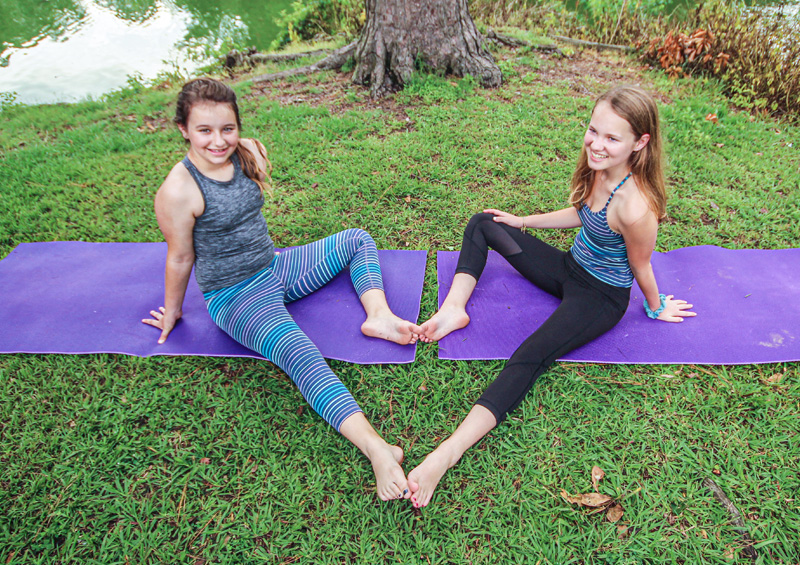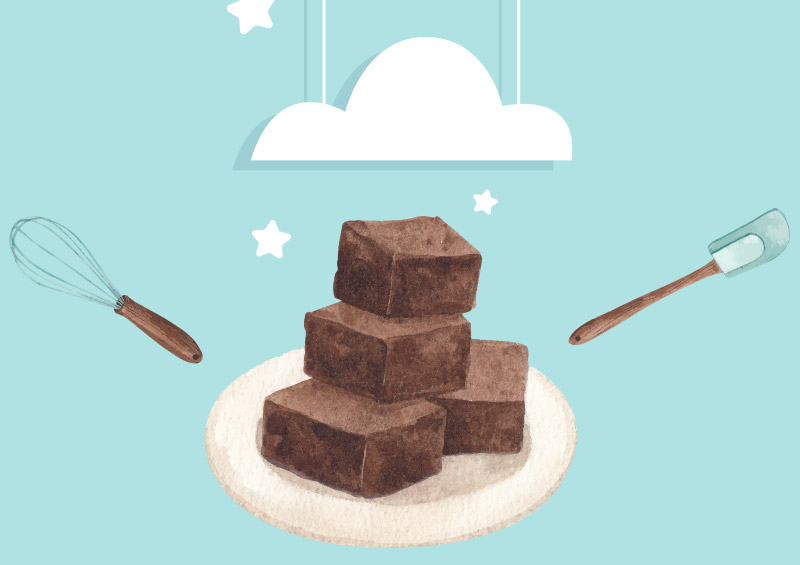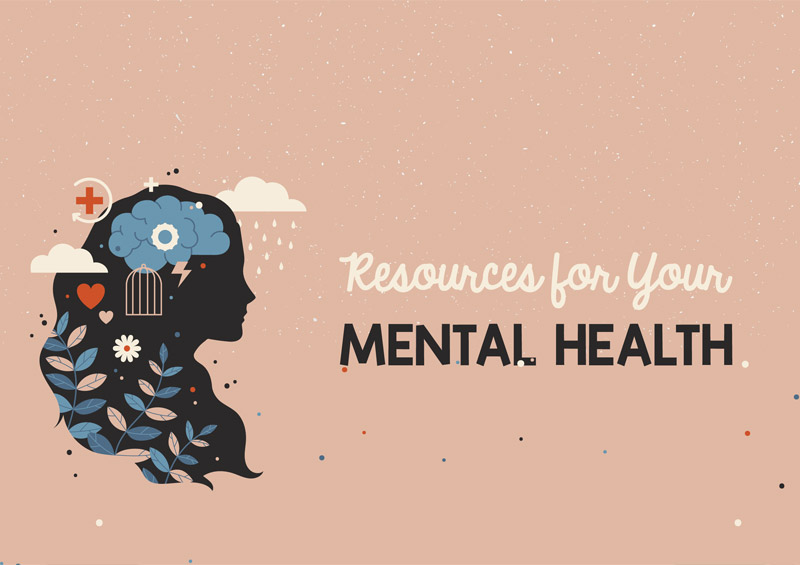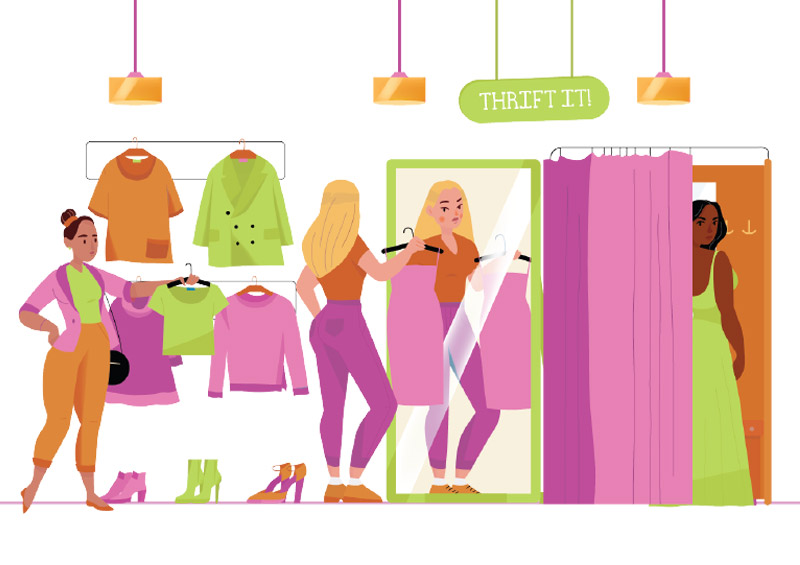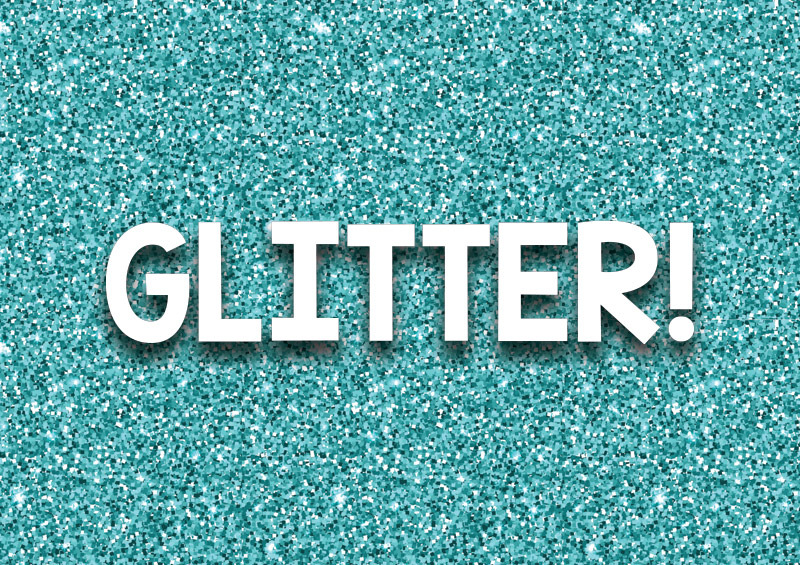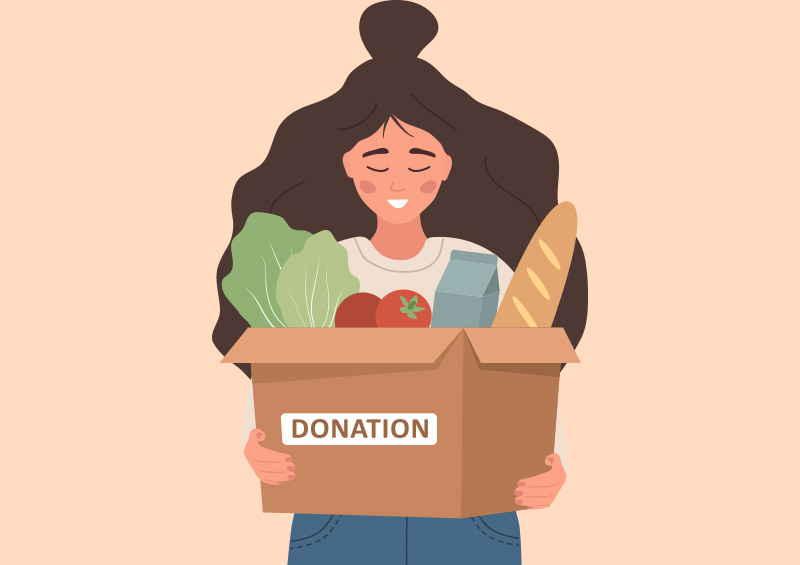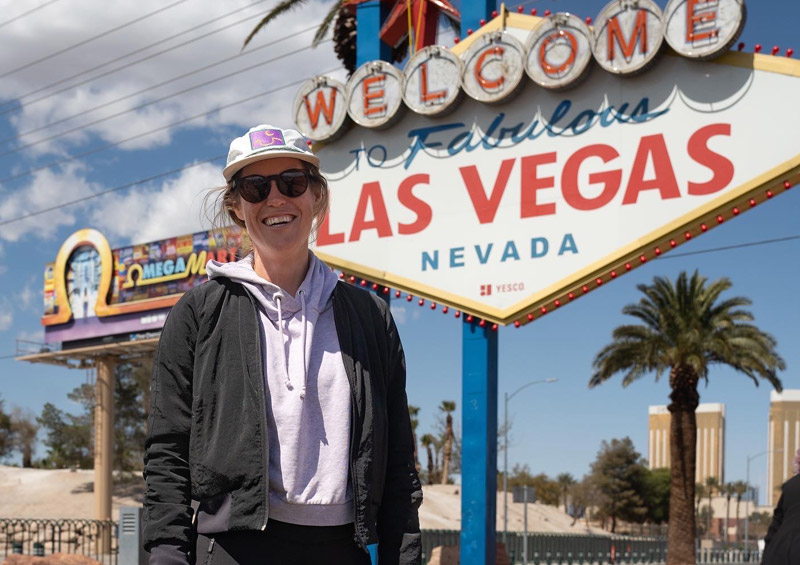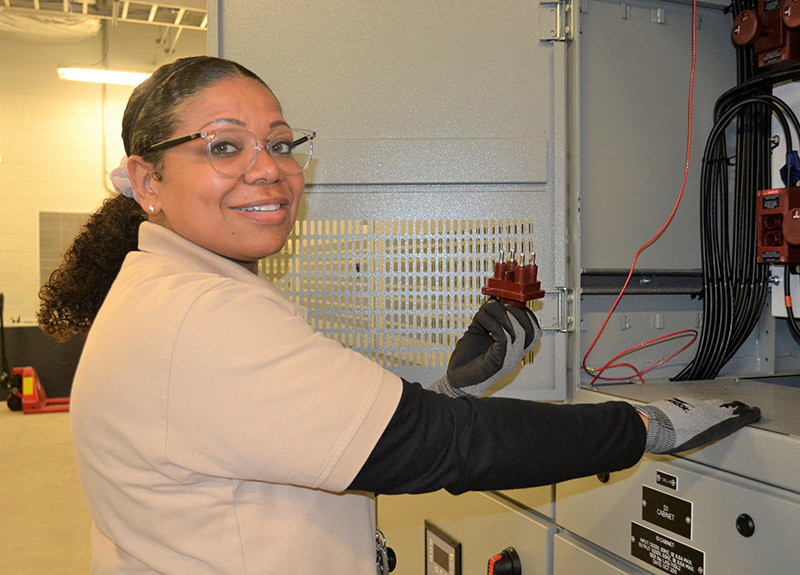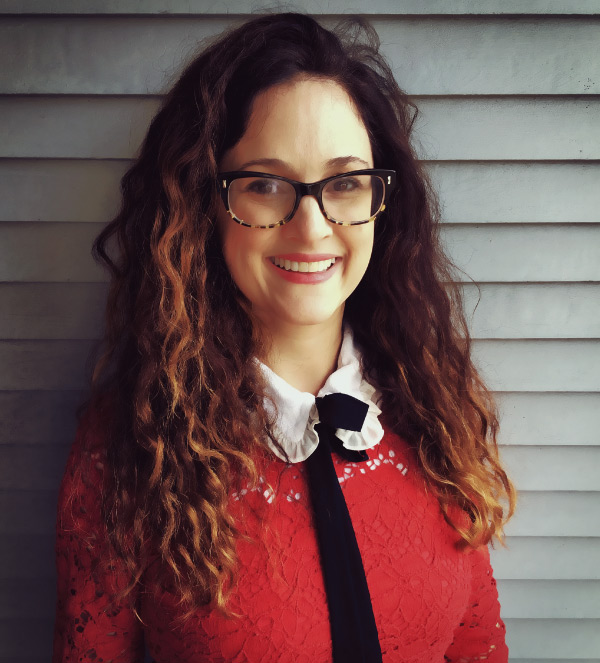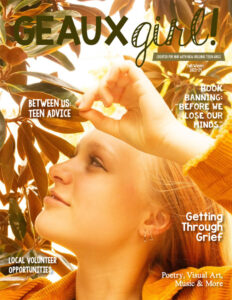What’s important to understand is that you can’t stand out, fit in, measure up, or even take hold without a reference point, and that reference point is your peer group. So it’s really no surprise that you and most others your age probably deeply feel the desire to make and keep friends, for these are the people who can help you satisfy these innate drives. Every social context becomes a testing ground for displaying your identity and independence, receiving validation or acceptance from others, gaining knowledge, skills and praise for success, and broadening your understanding about the world. When you respond emotionally to a failure, such as withdrawing from others or saying something mean or snappy when feeling rejected, you make it harder to win over the very people you need to be happy.
Having friends has been scientifically demonstrated to improve one’s well-being and protect from stress and depression. With positive, mutual friendships, you feel safe to be yourself because you are with people who accept and support you, encourage you to follow your dreams, and then celebrate you when you succeed. Social psychologists have discovered that mutual friendship (meaning you and your friend like and support each other the same way) buffers the negative effects of difficult life experiences, namely any failure to stand out, fit in, measure up, and take hold. Not to mention, having good friends makes for lots of laughter and fun! Basically, you need good friendships to blossom. But like life, the road of friendship is not always obvious and you can expect there to be bumps along the way. For instance, you may be extremely shy and feel you are unable to make friends easily. Or maybe you have a small group of friends who are unpredictable in their affections, always breaking up and making up. Maybe you are no longer friends with someone who hurt you, but who you still care about. You might have a few close friends who don’t want you to be friends with anyone outside the group or you might have a lot of acquaintances and no close friends. Maybe your best friend is a bully to others or doesn’t support you when you feel rejected. Navigating friendships during adolescence can be confusing and difficult for several reasons:
There is risk in making new friends because true friendship, especially for girls, evolves over time as you share more and more of yourself with someone else. In other words, you make true friends when you allow yourself to be vulnerable, revealing more of your “truth,” putting yourself at the mercy of another person to accept or reject you. It can be earth-shattering for anyone to not be accepted for who you are, but particularly for teenagers who haven’t had as much time as adults to learn that there are countless other groups to fit into when fitting into one group doesn’t quite… fit.
As a teenager, you are more likely to emotionally overreact. Even when you have made solid friendships, there will inevitably be times when you hurt each other’s feelings. Adolescents are more likely to act on impulses versus thinking things through rationally, which may result in saying and doing things that are hurtful to someone else. When you know a lot about another person, it is much easier to hurt them, even unintentionally. And even if a comment or action wasn’t meant to be harmful in any way, it can still trigger an impulsive, emotional response. Some friendships survive this; others do not.
People tend to attract and become friends with people who are similar to them (this is known as the homophily theory, in case you want to add a fancy word to your vocabulary). For example, are you an athlete? Your friends probably are too. Do you enjoy thrift store shopping? Your friends probably do too. This is because it is easier to trust and connect with those who make you feel safe being yourself. People who are different challenge us to accommodate new perspectives that may not jibe with what we believe to be true. is means anyone perceived as “different” is not likely going to be on your radar for new friendship, or worse, may be perceived as untrustworthy or threatening. e truth is that forging friendships with people who seem different from you can teach you new ways of thinking about the world, improve your understanding of others, exercise your mental flexibility, increase your creative potential, and reveal to you that you’re actually quite similar. In other words, friends who are different from you help you grow as a person, but growth can be hard.




